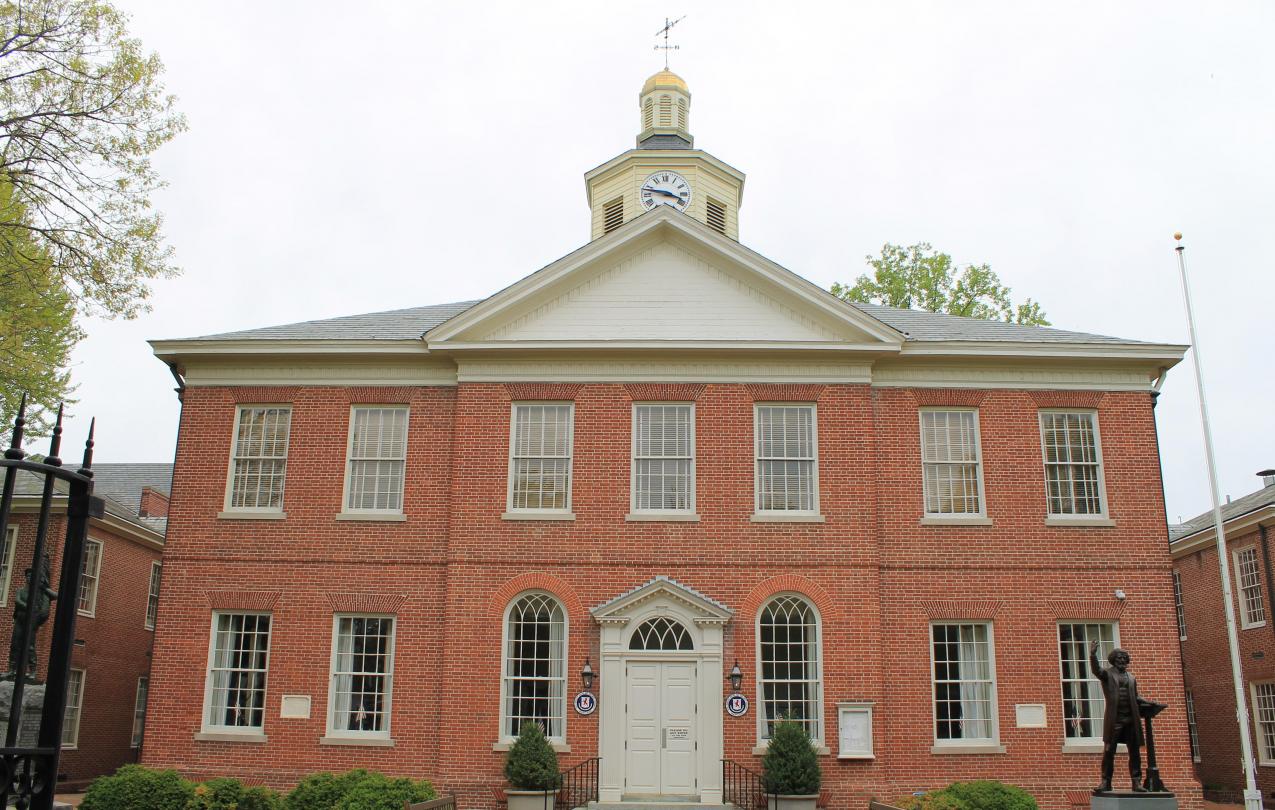 Amidst the COVID-19 pandemic, the Maryland Office of the Public Defender (OPD) employees have stood together to provide the zealous representation our clients deserve, and fight for their health, safety, and dignity, despite difficult and unsafe working conditions.
Amidst the COVID-19 pandemic, the Maryland Office of the Public Defender (OPD) employees have stood together to provide the zealous representation our clients deserve, and fight for their health, safety, and dignity, despite difficult and unsafe working conditions.
Fighting for our clients and ourselves during an unprecedented pandemic.
The initial days after the courts closed were marked by mass confusion. Staff with vulnerable family members had to coordinate care for those family members in ways that didn’t expose them to risk. Staff with children suddenly had to manage their loss of childcare while continuing to work. At the same time, the demands of work went up for many; the initial days of the pandemic were marked by a rush to file bond requests and modifications, as well as filing an application for extraordinary relief in the Maryland Court of Appeals, in an attempt to empty the jails to the extent possible to limit our clients’ exposure to COVID-19.
OPD staff were challenged with figuring out how to provide effective, zealous representation during virtual bond hearings, and other contested hearings. When the jails shut down, our access to our clients was abruptly restricted. While we have been able to work with some jails to gain access to clients by phone, other facilities remain inaccessible. Even where we have been granted access, clients are available during very limited times, forcing staff to mold their hours around these limitations. And in many facilities, confidential communication with our clients remains an undelivered promise.
Little voice in reopening, rushed policies harm clients and staff.
Administrative issues during this time have also created circumstances that require more from staff than before in order to provide effective, high-quality representation. With the roll-out of eDefender -- a new statewide case-management system -- those with early access have been tasked with the arduous, time-consuming task of entering thousands of backlogged cases into the system. This takes hours of extra time, and the burden has fallen unevenly on some members of core staff.
Decisions about reopening have been made by the courts, with varying levels of involvement by the State’s Attorney’s Office, depending on the county, and it often seems as though OPD was left out of the decision-making process completely. In one county, incessant prosecutions during initial stages of the pandemic led to a backlog of cases, and the court in turn created a Saturday docket. Attorneys and support staff have found themselves randomly assigned to work Saturdays, without adequate compensation for that change in their hours. OPD staff deserve to have a voice in these decision-making processes, especially when the changes implemented increase our workloads dramatically.
Lack of transparency and communication puts all of us at risk.
Additionally, the safety measures implemented by many courthouses as they reopen have been inadequate to provide true safety for our clients, their families, and ourselves. Neither OPD nor the courts have provided staff with personal protective equipment; staff have been forced to spend their own money to protect themselves at work. Vast ignorance about COVID-19 has left staff members in contact with many who do not understand the importance of safety protocols, such as social distancing and mask wearing. Additionally, neither OPD nor the courts have provided employees with access to COVID-19 testing, either as a preventative or regulatory measure, or even for those who believe they have been exposed at work. Now, as the courts prepare to invite more people within their doors, these issues are becoming even more acute.
In order for us to provide effective, zealous representation for our clients, we must advocate for ourselves. We must demand working conditions that prioritize our safety, and do not place our lives or our families’ lives in danger. We must demand working conditions that center the health and safety of our clients, and their families. And we must demand working conditions that allow us to give every single client’s case the time and energy it deserves.
Photo of Talbot County Court House Attribution: Shopkins91 at English Wikipedia
